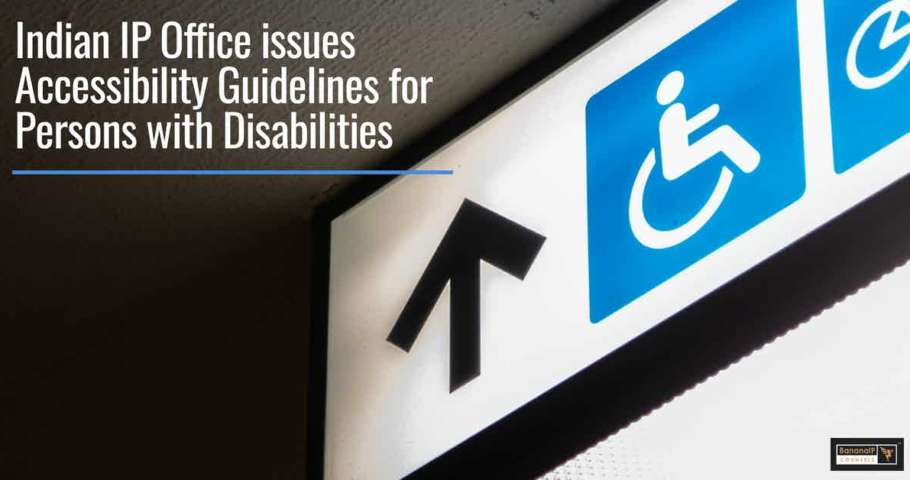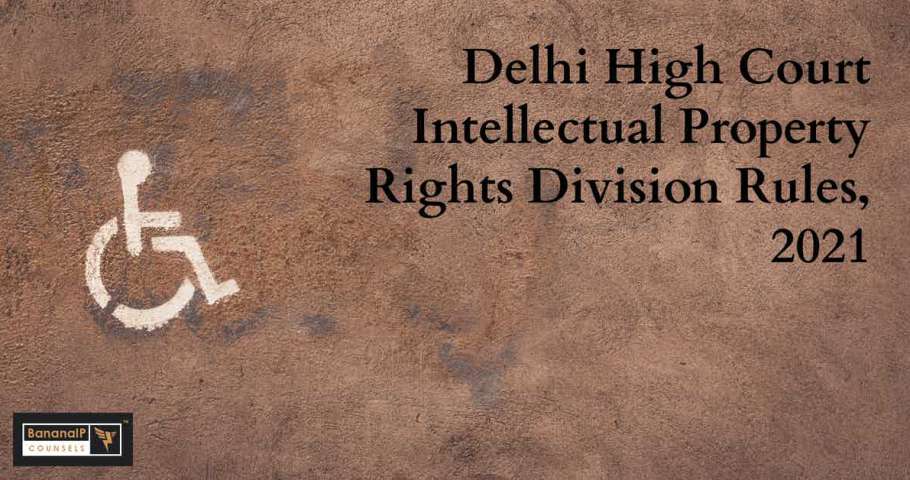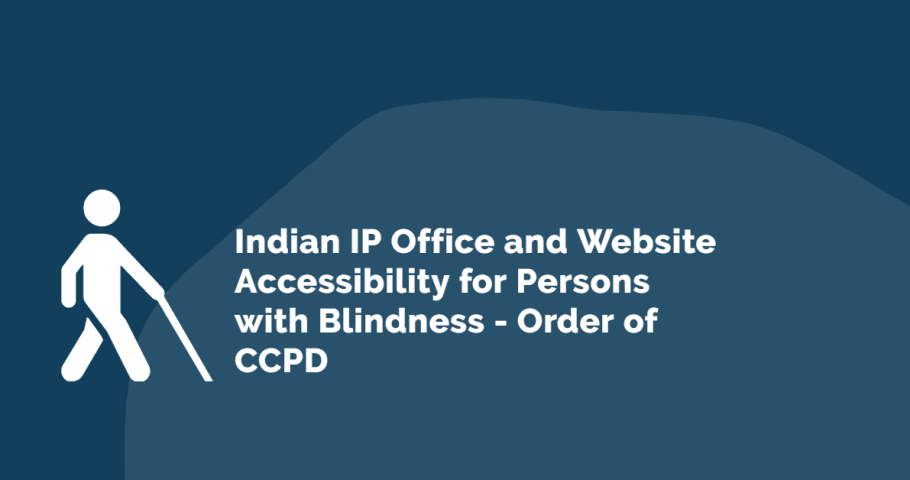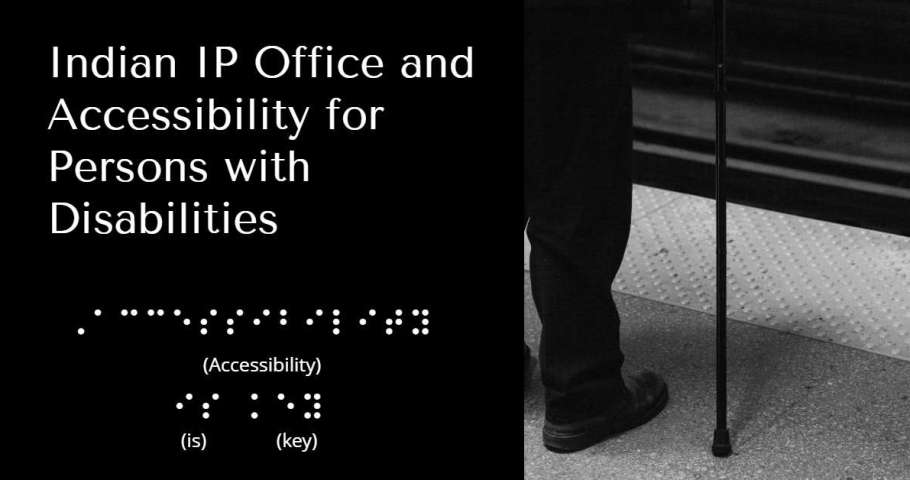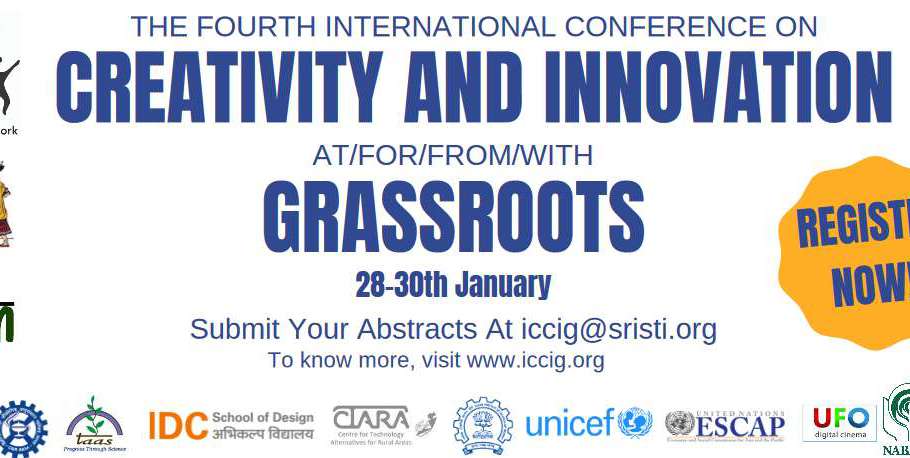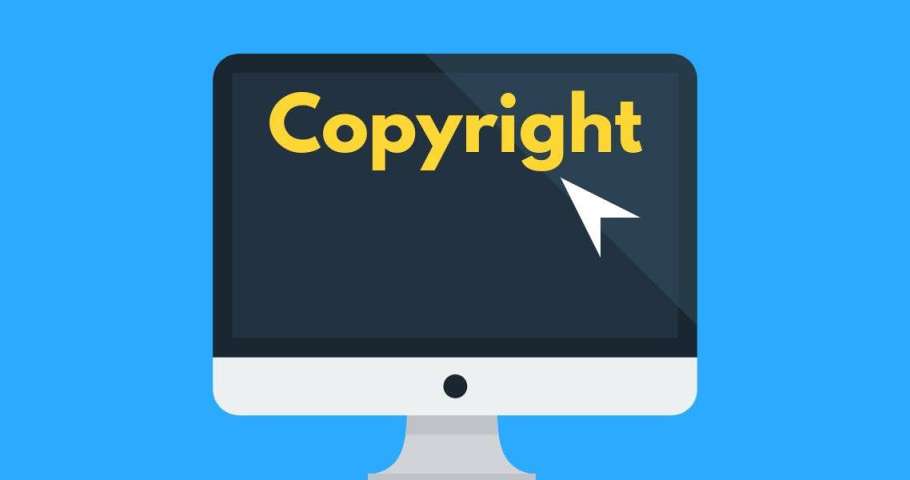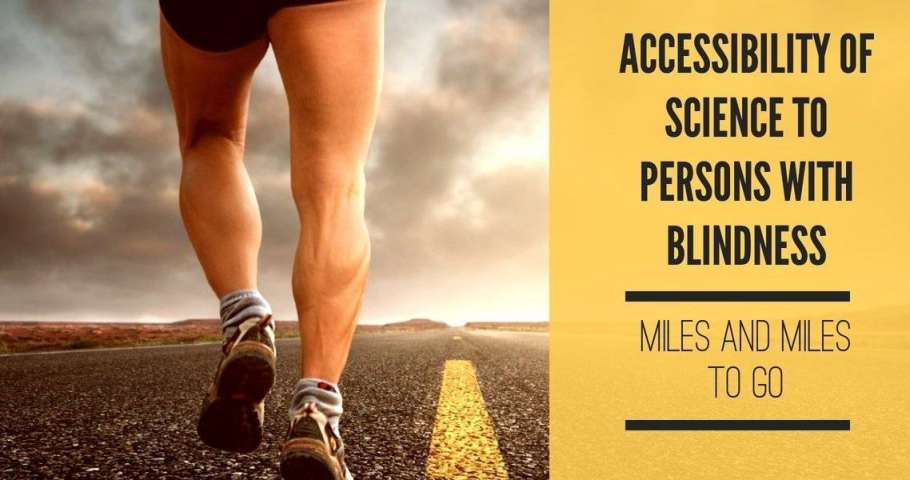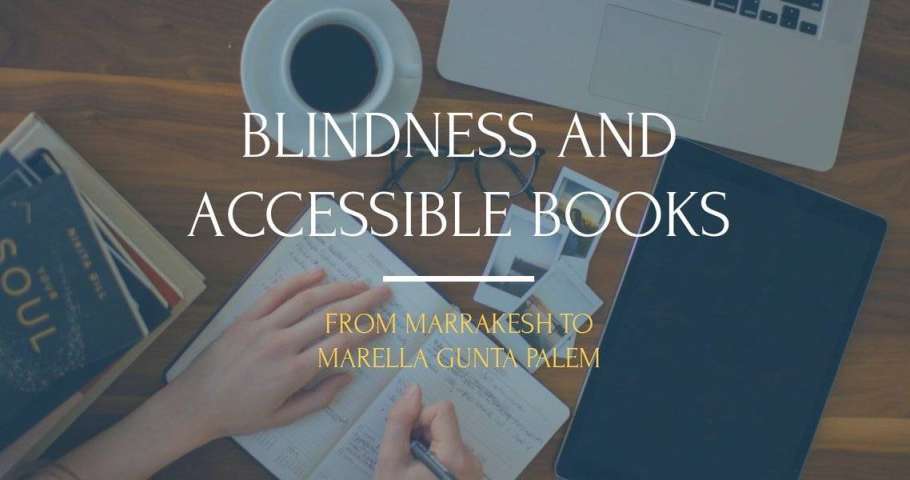On 4th March, 2022 the Office of Controller General of Patents, Designs & Trademarks (O/o CGPDTM) issued Guidelines for Accessibility and Reasonable Accommodations for Persons with Disabilities to facilitate accessibility and reasonable accommodations for Persons with Disabilities practicing and interacting with IP Offices under O/o CGPDTM with an endeavor to take all possible steps to make its website, facilities, documents, services, systems and processes accessible to every person.
The O/o CGPDTM has appointed a nodal officer (disability) to address needs of…
